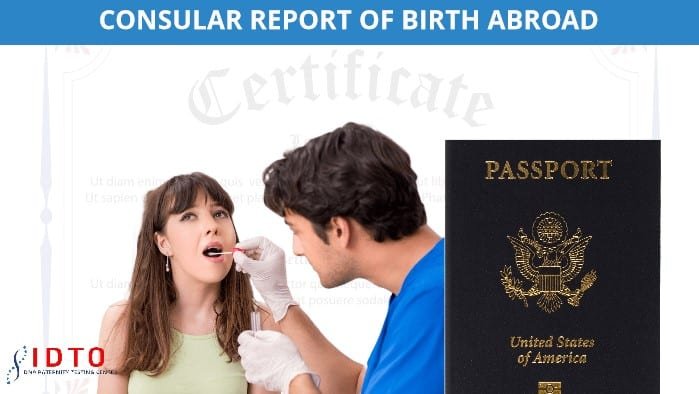
What is a Consular Report of Birth Abroad (CRBA)?
A Consular Report of Birth Abroad (CRBA) document is issued to a child born to U.S. citizen (parent or parents) in another country. The parent/parents must meet the requirements to be able to pass on citizenship to their child or children.
CRBA can only be applied to children under the age of 18. Children eighteen years old and older are no longer eligible to receive a CRBA.
Requirements:
According to travel.gov, to qualify for a CRBA, the U.S. citizen parent must have been a U.S. citizen prior to the child’s birth.
Proof of Parents’ Identity: Valid passports, U.S. driver’s license, Indian Aadhar card, etc.
Proof of Relationship: Proof of the relationship between the U.S. citizen parent(s) and the child. Bring evidence of the relationship between the parents, evidence the parents were in the same place at the time of conception, prenatal records (see below), and fertility agency documentation, if applicable.
Proof of Pregnancy: Original documents of prenatal/birth records and/or other evidence of mother’s pregnancy. If any method of Assisted Reproductive Technology (ART) was used to facilitate the child’s conception, appropriate medical records or medical documentation to establish the biological/genetic relationship between the child and his/her U.S. citizen parent(s) will be required.
Visit travel.gov to learn more about the requirements for a CRBA.
Is DNA Testing for CRBA mandatory?
No. DNA testing is voluntary and an Embassy may provide a parent an option to perform a DNA test to prove a biological relationship between the child and parent before a CRBA will be considered. Learn more about the international DNA testing process here.
